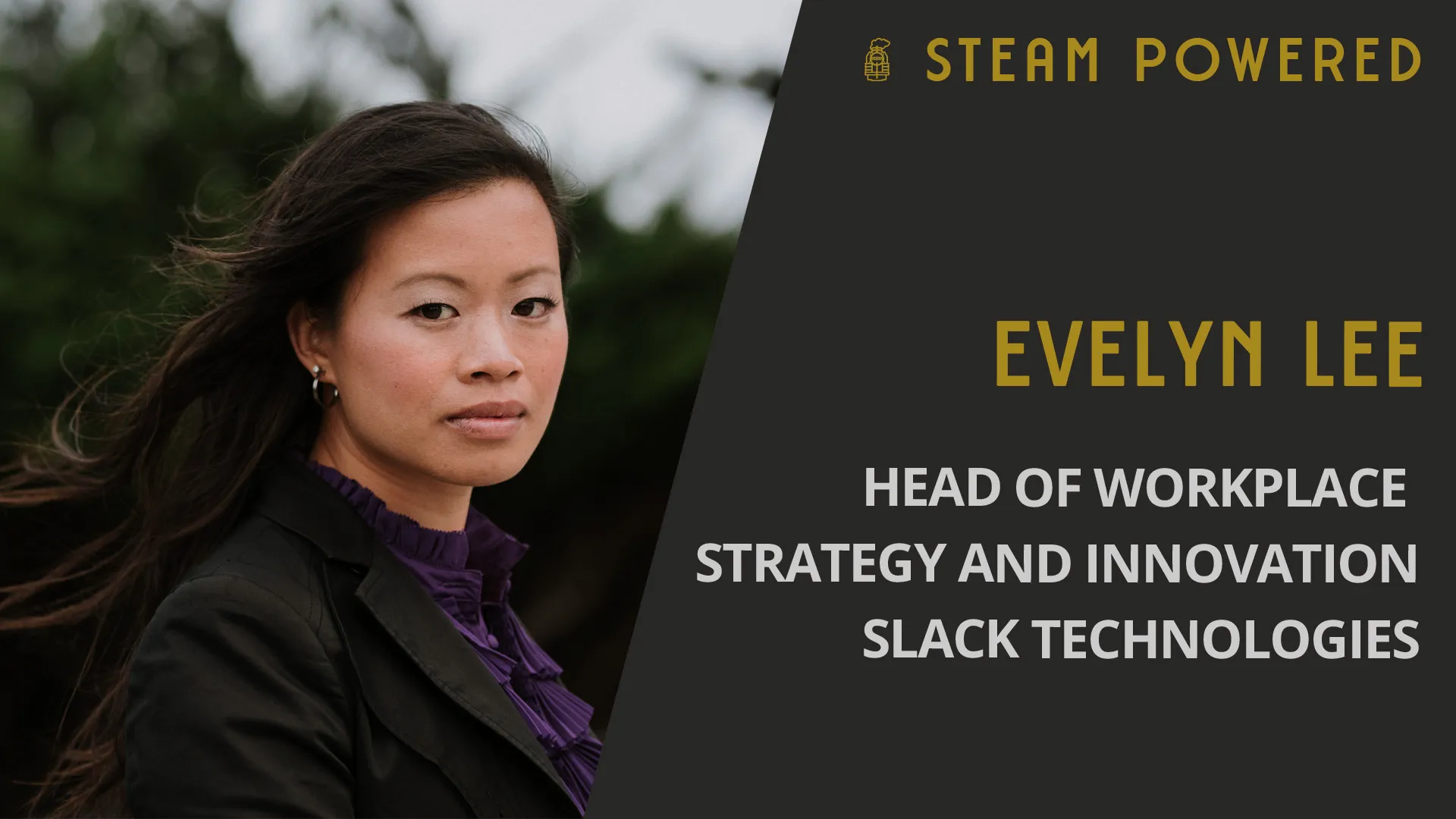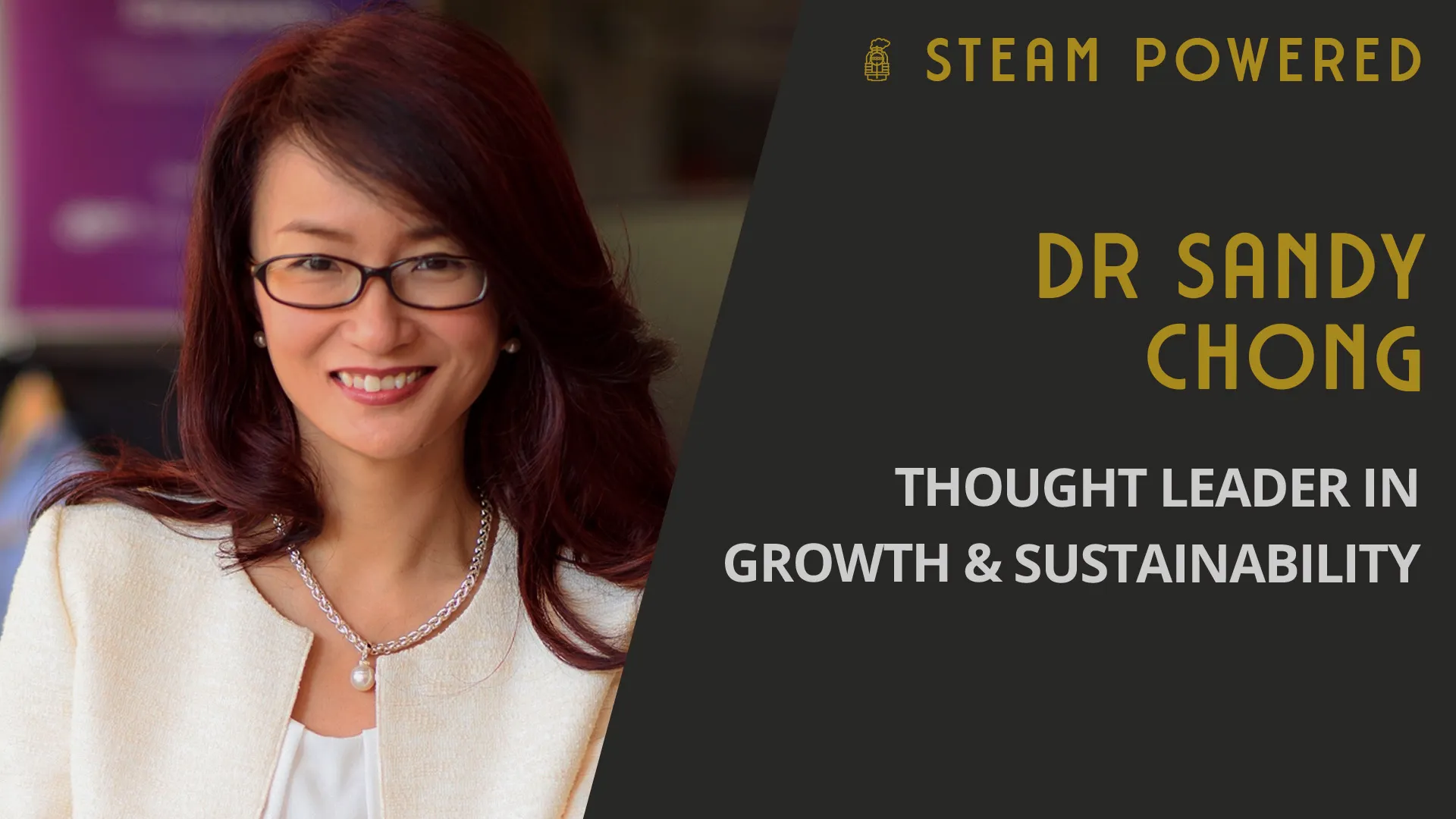Creating opportunities for work life choices with Sirisha Kuchimanchi
What is your personal worth? From an internal perspective, it's about having confidence in your sense of self and your values. But let's expand on that. Your worth can also be viewed in the connections you have made in your personal or professional communities, be it the kids' soccer parent who knows a job you'd be great for, or the ex-coworker whose passion project is your passion, too. It's also of course your financial position and what you can do to change it. Because growth in all these areas gives you more space to grow as well.
Join us as we speak with Sirisha Kuchimanchi, entrepreneur, speaker, and former engineering and manufacturing executive, about navigating her career through economic downturns, and how the different aspects of your personal worth give you more options.
About Sirisha Kuchimanchi
Dr Sirisha Kuchimanchi is the Founder of “Sahita”, a Global Community for South Asian Women for Career & Financial Empowerment. She is an active investor supporting Women funded businesses. Her aim is to promote gender equity by empowering more women to take control of their careers and finances. Sirisha is a Former Engineering & Manufacturing Executive with over 17 years of experience at Texas Instruments (Fortune 200) a Semiconductor Design and Manufacturing Company. She co-chaired the Technology & Manufacturing Women’s ERG which supported over 500 women across 3 continents and 8 countries.
Sirisha hosts the podcast “Women, Career & Life”, ranked at the top 30% on Spotify, where she provides practical ideas and resources for women to further their career & life goals. She also hosts a weekly Live Radio Talk Show “Life Beats with Sirisha” on 104.1 FM which has a reach of over half a million listeners from the South Asian Community. She strives to create a platform for diverse voices & perspectives to be heard, so listeners can succeed both personally and professionally while building a stronger community. Sirisha is on the elected Board of Governors of The Podcast Academy which supports podcast makers and globally advances the cultural merit of the medium.
Sirisha successfully traversed her return to work after getting laid off less than a year after entering the corporate world. A few years later, Sirisha made a conscious decision to be a stay-at-home during which time Sirisha earned her Ph.D. in Materials Science and Engineering from Carnegie Mellon University.
- LinkedIn: https://www.linkedin.com/in/sirisha-kuchimanchi/
- Instagram: @womencareerandlife
Listen to the Podcast
Listen on Apple Podcasts, Spotify, iHeartRadio, Amazon Music, Castbox, Deezer, Goodpods, Overcast, Pocket Casts, TuneIn, Blubrry, Podcast Addict, Podchaser, JioSaavn, RSS , and other podcast platforms.
Watch on YouTube
- [00:01:05] Sirisha's beginnings in physics.
- [00:02:43] The transition to material science and engineering.
- [00:04:24] The value of being able to explore the industry while pursuing higher studies.
- [00:05:34] We all leave social breadcrumbs and create networks through our interactions.
- [00:07:13] The experience of layoffs.
- [00:09:40] The contrast of working as a contractor vs a permanent employee.
- [00:10:33] Sirisha's second career break and the decision to return to school.
- [00:14:25] Sometimes the market makes the decision for you.
- [00:15:25] Financial literacy and preparation gives you choices and flexibility.
- [00:16:37] Looking after our financial futures because work shouldn't dictate our lives.
- [00:21:04] The stigma attached to speaking about money or death matters.
- [00:23:31] Risk management and your priorities.
- [00:25:44] Everyone is a potential candidate for an information interview.
- [00:28:23] The grass is always greener. But you don't know unless you try.
- [00:30:36] Your background and culture in a work context as an asset or liability.
- [00:34:06] Ask for what you want, but you have to know what you want first.
- [00:35:29] Considerations as a woman or POC in leadership.
- [00:37:29] Leveraging what you know and building relationships with people.
- [00:40:51] What advice would you give someone who would like to do what you do, and what advice should they ignore?
Highlights
Connect with Us
- @steampoweredshow
- @steampoweredshw
- @steampoweredshow
- @steampoweredshow
- @steampoweredshow
- @steampoweredshow
- steampoweredshow
Support STEAM Powered
Review Us
Please leave us a review on Apple Podcasts, Spotify, GoodPods, Podchaser, or your preferred podcatcher.
Become a Patron
Affiliate Programs
Start your own podcast or YouTube channel, or run panels and seminars with
Riverside.fm. Record up to 8
people in a session with up to 1000 audience members. You can record in advance
as I do, or you can livestream with the option to send it straight to Facebook,
Youtube, Twitter, or Twitch. There’s even a green-room for guests and live call
in for audience members. Afterwards, get separate video (up to 4K) and audio (up
to 48kHz) tracks per recorded participant for editing, none of that “active
speaker only” limitation. You know you’re in good hands with a service whose
client-base includes some heavy-hitters. Check out
Riverside.fm to see who else is on
board. Use promo code STEAM25 to get 25% off the first three months of your
subscription.
Music is “Gypsy Jazz in Paris 1935” by Brett Van Donsel.

